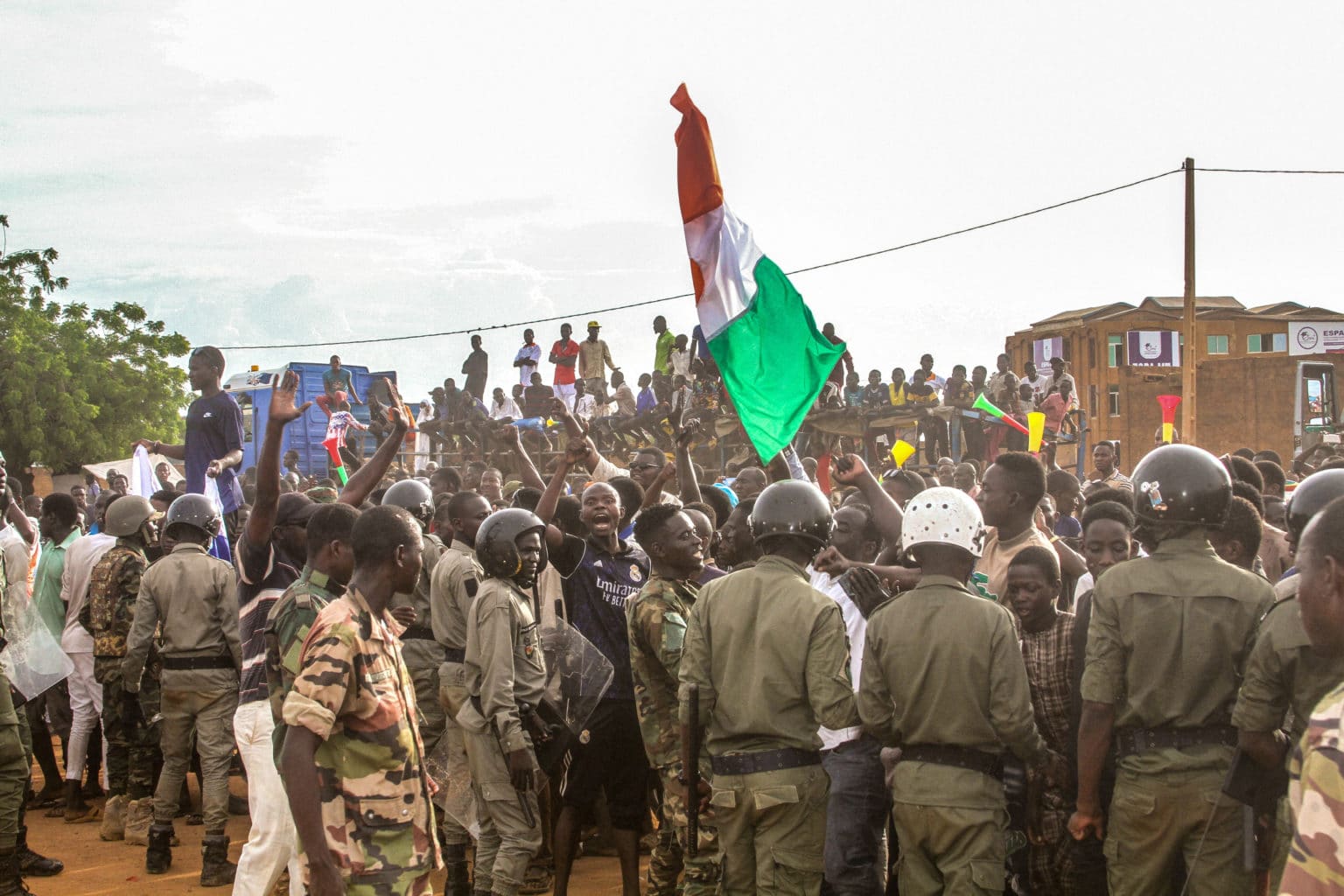The political upheaval that unfolded in Niger with the ousting of President Mohamed Bazoum has ignited a firestorm of concern both within the Sahel region and internationally.
As this crisis deepens, the Economic Community of West African States (ECOWAS) has assumed a resolute position, firmly indicating its preparedness to engage in military intervention should diplomatic efforts fail to restore constitutional order.
At the heart of this unfolding drama is the recent meeting of ECOWAS’s army chiefs held in Ghana, a gathering of significant consequence.
Stern message from ECOWAS
Here, the regional bloc’s Commissioner for Political Affairs, Peace, and Security, Abdel-Fatau Musah, delivered a stern message to underscore the gravity of the situation.
Musah unambiguously conveyed the junta’s reluctance to engage in constructive dialogue with ECOWAS envoys, and he denounced their attempts to legitimize the coup. With conviction, Musah declared, “The military and civilian forces of West Africa are ready to answer the call of duty.”
Musah’s address was punctuated by historical context that has shaped ECOWAS’s approach, manifesting a commitment to maintaining stability in the region and safeguarding the rights of citizens.
The organization’s history is replete with instances where it has intervened successfully, as seen in countries like Gambia and Liberia.
These deployments stand as testaments to ECOWAS’s unwavering dedication to preserving democratic order and human rights.
“We are going into Niger”
Musah further solidified this resolve, asserting, “If push comes to shove we are going into Niger with our own contingents and equipment and our own resources to make sure we restore constitutional order. If other democratic partners want to support us they are welcome.”
The junta’s intention to subject President Bazoum to a trial for treason has generated a chorus of criticism from various quarters.
Echoing this concern are the United Nations, European Union, and ECOWAS, all expressing profound worry about the conditions of Bazoum’s detention. Musah seized on the irony of the situation, highlighting the incongruity of charging someone under hostage conditions with treason.
In his words, “The irony of it is that somebody who is in a hostage situation himself… is being charged with treason. When did he commit high treason is everybody’s guess.”
This crisis in Niger has sent ripples across neighboring aligned nations, significantly complicating the political fabric of the region.
Declaration of war on ‘military’ neighbours
Countries like Burkina Faso and Mali, grappling with their own experiences of military rule, have cast a wary eye on the prospect of military intervention in Niger. They regard such an intervention as a potential “declaration of war,” underscoring the delicate equilibrium between reinstating democratic governance and averting a surge in regional conflicts.
As this unfolding saga captures global attention, a collective breath is held. The turmoil in Niger serves as a poignant reminder of the precariousness of democratic institutions in the Sahel region and the intricate challenges faced by West African nations.
ECOWAS’s steadfast stance on the potential for military intervention reflects its deep-seated commitment to upholding democratic norms and constitutional order. Yet, the organization remains steadfast in its commitment to diplomatic resolutions, underscoring the intricate political landscape of the Sahel.
In a region where historical, social, and geopolitical forces intersect, the journey to stability and democracy is rife with complexities. ECOWAS’s deliberations and potential actions in Niger stand as a testament to the organization’s determination to foster peace, security, and democratic governance amid the multidimensional crises at hand.



